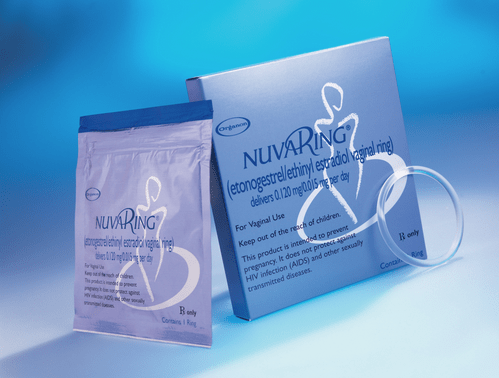By Kelly Baylor
“Cause of Passing: Massive, Double Pulmonary Embolism- a direct result of the NuvaRing.”
That is what Karen Langhart wrote on the program of the memorial service of her 24-year-old daughter, Erika.
Olympic hopeful Megan Henry, Erika and myself are all victims of having a pulmonary embolism as a direct result of using a doctor recommended birth control. We are just a few in a group of tens to hundreds of thousands affected annually.
A pulmonary embolism is a blockage in one of the pulmonary arteries of your lungs. This can lead to heart attack or stroke in some cases because when you have obstructions in the arteries of your lungs, your heart must work harder to pump blood through those vessels.
As women in our 20’s, we think we’re being safe by preventing pregnancy. We think we’re making a life decision to not have a baby when we aren’t ready. We are listening to our doctor’s suggestions. We have friends that are on the same birth control. We don’t realize that while we might be preventing new life from being created, we are risking our own life from continuing.
Erika Langhart died at such a young age because she was taking a birth control with supplemental estrogen. She died on Thanksgiving Day 2011.
“(The paramedics) tried to revive her with CPR and while they were in the apartment, I think she had a heart attack and then two more on the way to the hospital in the ambulance and another in the hospital, and she never woke up,” Erika’s father Rick Langhart shared in a CNN article.
Dr. Roxanne Pero, an expert Dallas OB/GYN physician at Women’s Health Specialists of Dallas, explains that, “One in 15,000 people experience an event like what happened to this girl, but because it is attributed to a medication instead of something natural, well of course you’re gonna hear about it on the news.”
Pero continues, “It’s about awareness. If you’re having chest pain, if you’re having shortness of breath and you’re on (birth control with any added estrogen), you need to go to the emergency room, you’ve gotta call people right away.”
While that might be a good suggestion, I have to unfortunately be the bearer of bad news. I barely experienced shortness of breath when I had my pulmonary embolism last November. If I were not already at the doctor’s office that day, I never would have notified anyone. Which is why most people find out they have a pulmonary embolism when they are lying on a cold board in the morgue. That may sound shocking but it is the truth, an incredibly scary truth.
The Center for Disease Control estimates that 60,000-100,000 Americans die from a DVT/PE each year. Ten to 30 percent of people will die within one month of diagnosis.
The first symptom in about 25 percent of people who have a PE is sudden death.
Not much time to do anything when your first symptom is sudden death. Karen Langhart’s mission is to “warn every mother and every daughter: do not use the product that killed my child.” Mine is similar, look into other options. Don’t settle on the most convenient solution, and listen to your body. Some things are not worth your life. There are IUDs, for example (another form of birth control that has no added risk of blood clots).
I pray that no one reading this will experience what has happened to Langhart, Henry or myself. It is a painful journey of hurdles, setbacks, more health risks, fears and blood thinners. Look into other alternatives and don’t put yourself at a greater risk for a pulmonary embolism. Your life is worth it.









